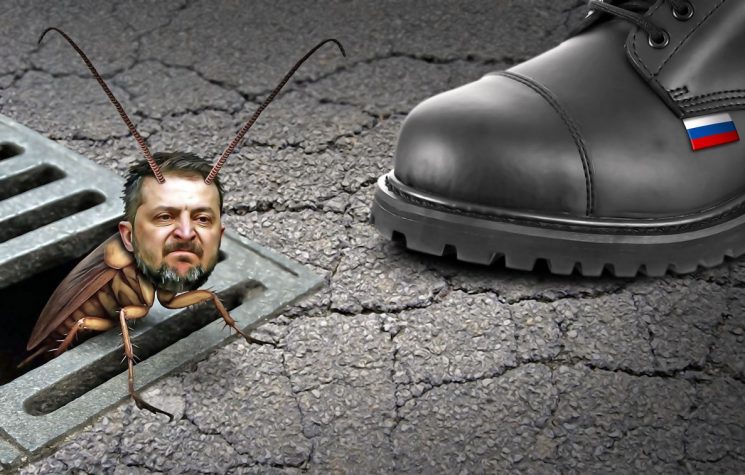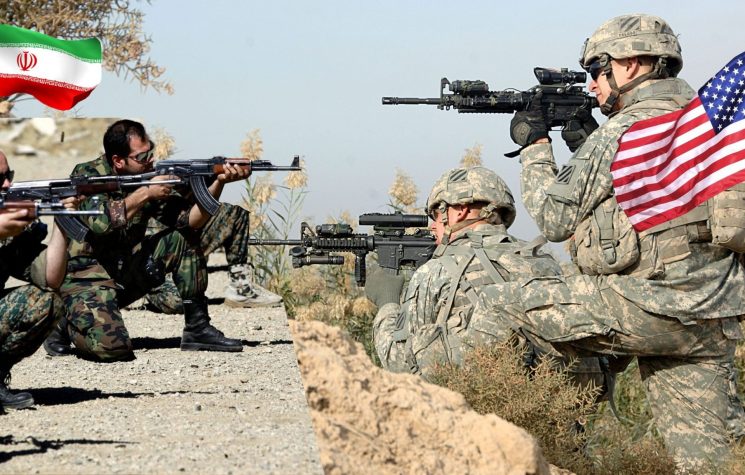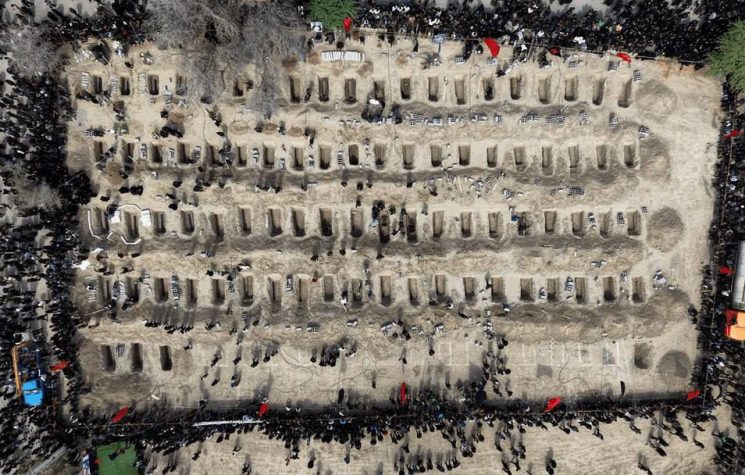Iran’s hypersonic missiles could wipe out all of Israel’s infrastructure if Tehran wishes. The truth is though that Iran does not want a war with Israel
Contact us: info@strategic-culture.su
The decision of Joe Biden to send THAAD missile system to Israel seemed like a tactical move, a strategic ace, some might argue. Biden has made it clear that Israel must not strike Iran’s military or its nuclear power infrastructure and that any such retaliation won’t be supported by the U.S. And so, in many ways, Israel is restricted now to reach out for low hanging fruit by bombing weapon sites in Syria and hitting Beirut. Netanyahu is like a shark at the bottom of the ocean. He has to keep a momentum going with war as the moment he stops, he sinks to the bottom and perishes. Hitting Iran is not as easy as it sounds. Israel cannot send fighter jets as the U.S. would have to offer refuelling facilities; and it can’t even fly over most countries surrounding Iran as they have all discounted this possibility. There is only the option of long-range missiles but no one knows for sure if Israel’s missiles would get past Iran’s own missile defence systems which analysts assume are probably very good. And imagine the humiliation and loss of political capital if Netanyahu sent missiles there and discovered that Iran intercepted all of them. He would be finished.
Yet the same can be said about the THAAD batteries. Many experts argue they probably won’t be effective against hypersonic missiles. They’ve never been tested so we don’t know.
In reality the basis of Netanyahu’s political longevity is keeping such things a mystery. The more we don’t know about Iran’s military capabilities, the more that can be exploited. Same goes for the THAADs. Clarity really is the enemy here.
Israel has already had one moment of lucidity which has shocked both its elite and its people. The so-called impenetrable ‘Iron Dome’ missile defence system which intercepted most of Hezbollah’s medium-range ballistic missiles is pretty useless for hypersonic, high-altitude missiles which both Iran and Hezbollah have in their arsenal. Israel is now more vulnerable than ever against a massive attack of such missiles and the recent strike on a military base south of Haifa has shown both sides the extent of this susceptibility. Iran’s hypersonic missiles could wipe out all of Israel’s infrastructure if Tehran wishes. The truth is though that Iran does not want a war with Israel and is hoping that once the Israeli public notice just how many IDF soldiers are being killed in the south of Lebanon along its border, the exit of Netanyahu will be swift. His days are numbered.
And yet, despite all of the rhetoric we hear from the Biden camp, it would seem America does want a war. Or at least it’s happy to take Israel to the brink with the same foolhardy, delusional mentality that we see in Ukraine. Even today the U.S. mindset still believes it can threaten and other countries will back down, simply due to the size of America’s military capability. The escalate to de-escalate game. It might just work with the THAAD initiative. But for all the wrong reasons.
The problem with the THAAD move by Biden is that the installation of such a system is too little, too late and may well blow up in the faces of the next U.S. administration creating a war with Iran when even Washington has been avoiding one all along. It all comes down to personalities. How will the next U.S. president react when the U.S. soldiers operating it are killed? Does he throw the lever, or stay cool? And doesn’t the mere presence of one of these vehicles present Iran with a sitting duck target?
It might reach a comical level of farce for the Americans. Iran might choose to not strike it, knowing this would be a declaration of war. Or, alternatively, it might choose to avoid a direct hit simply because the impact of one of these units isn’t likely to be much against a huge wave of 200 missiles from Iran, given that the entire package sent to Israel consists of a total of 48 missiles only. Imagine the embarrassment to the U.S. and Israel when it becomes clear to them that Iran doesn’t believe THAAD to be a contender in the theatre of war. Whether it’s taken out or not, either scenario is inimical to America’s credibility both as a stalwart partner of Israel or as a heavy weight adversary of Iran.
Biden probably sent the system to humour Bibi as he can’t be seen to not support Israel in its hour of need, but it does throw the question up of who is running whom? While Biden has drawn the line on U.S. involvement or support for an Iran strike, everything else he says with regards to Lebanon and Gaza – the latter no doubt a policy of starvation in play – is ignored. It reminded some pundits of the 1996 press conference with Netanyahu and Clinton, where the U.S. president was so annoyed by Bibi’s swagger that he said to his aides “who’s the fucking superpower here?”.





















